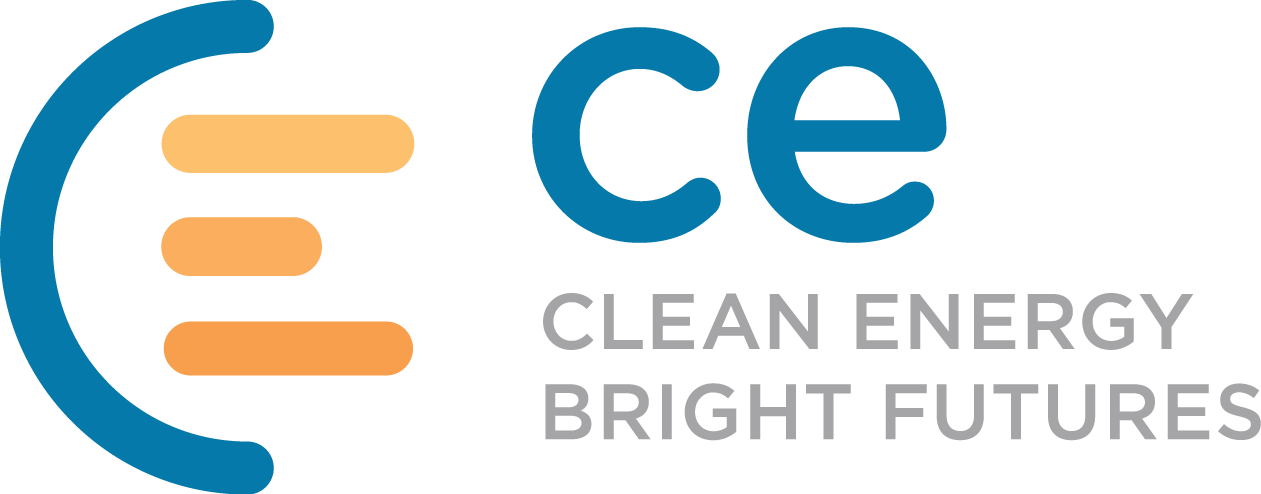Lesson 1: Setting Expectations for Science and Engineering Projects
This introductory lesson outlines the process of setting ground rules for science discourse. Teachers explain to students that as we work on the hands-on lessons in the unit (and science in general throughout the year) they will be asked to share their thinking about science concepts.
Lesson 2: Probes of Prior Knowledge
Students participate in sharing their prior knowledge and explore content around the basics of electricity and sources of electricity. Students are guided through formative assessments (probes) of their prior knowledge about “making electricity” and “things that run on electricity”
Lesson 3: Solar Powered Calculator
Students will explore the solar powered calculator and follow sensemaking prompts to develop an explanation of how light energy is transformed into electrical energy to power the device
Lesson 4: A Simple Circuit
Students observe a simple circuit and follow sensemaking prompts to develop an understanding of the circuit as a class. Students then draw and label the parts of a simple circuit as well as the direction/path that current is flowing
Lesson 5: Making Observations and Recording Data for Solar Powered Water Pumping
Students observe a solar water pump and follow sensemaking prompts to develop an understanding of the system. Students then make observations and record data about how quickly a solar module will drive a pump to move water.
Lesson 6: Solar Powered Water Pumping
Students make observations and record data about how different materials affect the speed of a solar powered water pump
Lesson 7: Designing A Faster Water Pump
Students use available tools to design and test a solar water pump and apply the engineering design process to refine, test and evaluate their design.
Featured Image Description
Circle of arrows the top light red arrow reads “Observation” in green. It points at the orange arrow with the text “Question” in blue. Which points to the bottom right yellow arrow which reads “Hypothesis” in purple. This points to the light green arrow with the dark red text “Experiment”, which points up to the light blue arrow with the dark orange text “Analysis”. This arrow points to the light purple arrow in the upper left of the image which has faded green text reading “conclusion”. This arrow points to the original light red “Observation” arrow completing and continuing the circle.

